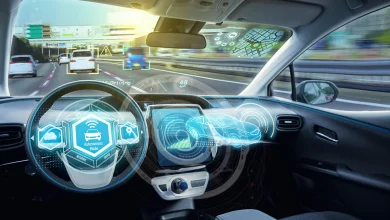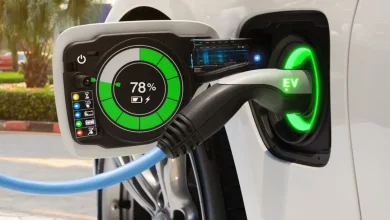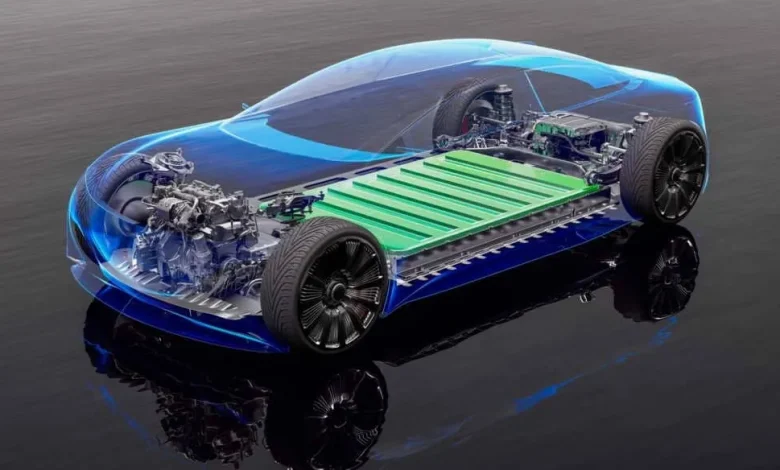
Can Solid-State Batteries Fix EV Range Anxiety?
Are solid-state batteries the long-awaited solution to EV range issues and safety fears? Here’s what the next-gen tech really promises.
The limited range of electric cars is one of the main problems people face when they consider buying one. Some drivers are fearful of running out of electricity before reaching a charging station. People believe that solid-state batteries could provide batteries with higher storage, quicker charging, and improved safe use.
Although it’s nothing new, recent achievements in making solid-state batteries are progressing rapidly. Both prominent carmakers and start-up businesses are focusing billions on development. By the late 2020s, Toyota wants to begin selling cars with this technology on highways. If it achieves what it claims, it will revolutionize the EV industry.
What Makes Solid-State Batteries Different?
Solid-state batteries are advantageous mainly because of their electrolyte. While regular lithium-ion batteries depend on a liquid electrolyte, newer solid-state versions use a solid as the electrolyte. As a result, the chance of fire is less, its energy lasts longer, and it charges much faster.
Since solid-state batteries have a high energy density, EVs powered by them should be able to drive 500 miles without stopping to charge. Furthermore, they are less likely to deteriorate with age, so maintenance for customers is greatly reduced.
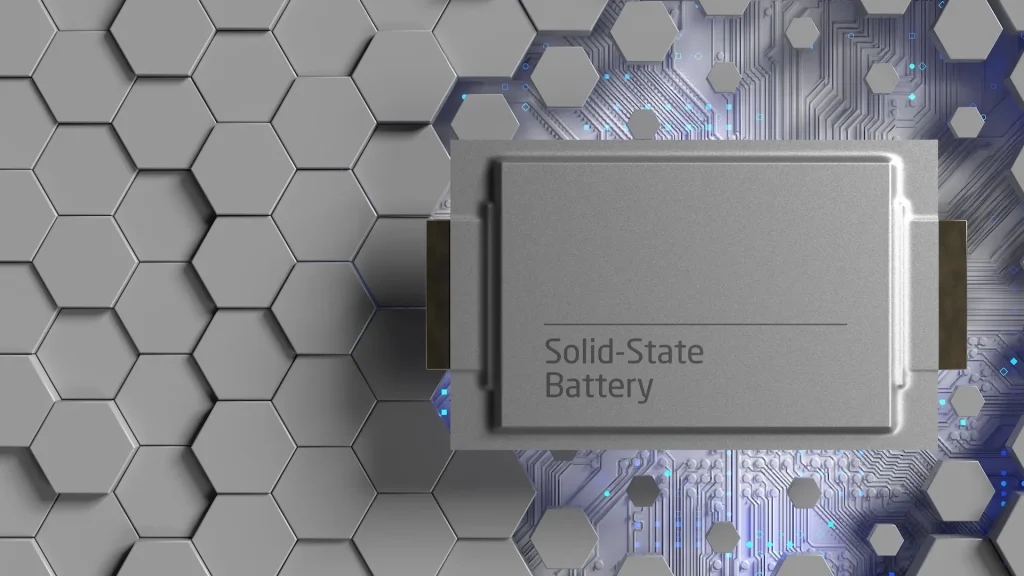
Hurdles Before Mass Adoption
Still, developing solid-state batteries is challenging. It is both pricey and challenging to mass-produce them. Since these electrolytes contain brittle materials, they can eventually crack and degrade. The high cost may continue to keep these batteries as exclusive because they are not produced efficiently.
Moreover, it is necessary to make design changes to fit the EV platforms at hand. Designers have to rework the battery packs and improve methods for managing heat. According to professionals, even after testing prototypes, it may take several years more before these batteries are ready for the mass market.
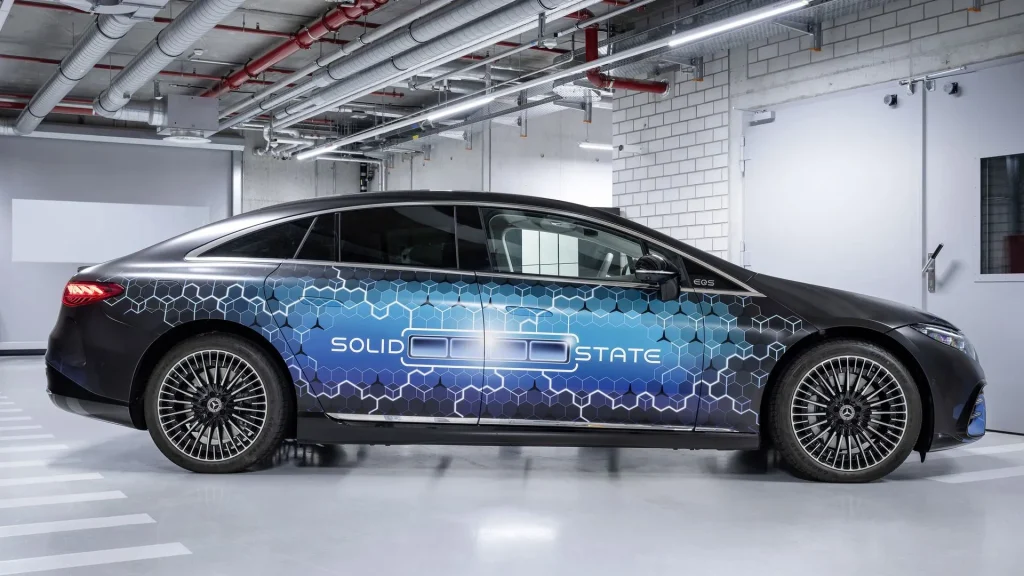
The Road Ahead Looks Promising
Still, most experts remain optimistic about the future of solid-state batteries. QuantumScape and Solid Power are both making progress and have pilot plants running. This means it will soon be possible to charge an EV in only 10 minutes and have a range of 600 miles.
In the long run, solid-state batteries may transform people’s views on electric vehicles. These electric cars have other advantages as well, such as having better safety for both people and the environment, while lasting longer on battery power.
The switch to solid-state batteries could greatly benefit the EV industry in terms of sustainability and convenience. We might have to wait, but things are developing fast and compelling results could be ahead of us.
